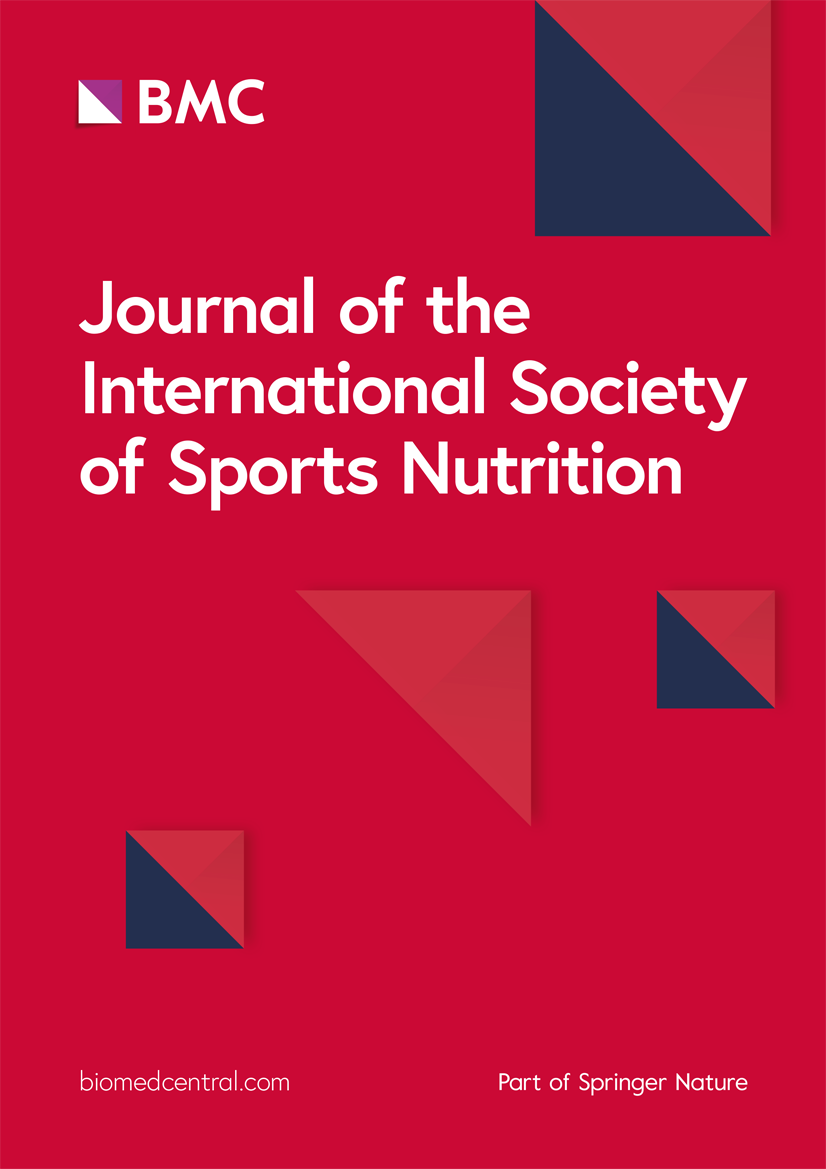Sports nutrition brand 7 little words
The frequency of testing is the key difference between Informed Sport & Informed Choice. Before a product can be sold, Informed Sport tests each batch. Informed Choice tests its products monthly on a blind test schedule is winport casino legit.
There are various services offering batch testing services for supplements; each service varies with regards to frequency of testing, what they test for and whether or not their analysis includes WADA Prohibited List violations.
Fats also provide insulation, prevent fatigue and regulate hormone production. If you have an event the day after you have eaten a meal containing fat, this may affect your ability to perform. Therefore, it is best to eat your meals at least two hours before your event.
The Informed Sport program is a dietary supplement resource and risk minimization for the military community and leaders. Choose tested products that will improve armed forces sports nutrition by looking for the Informed Sport logo or on-pack descriptor on product packaging, along with searching for the specific batch/lot number on Informed-Sport.com or the Informed Sport mobile app to confirm batch testing.
International society for sports nutrition
Mitchell CJ, Churchward-Venne TA, Parise G, Bellamy L, Baker SK, Smith K, et al. Acute post-exercise myofibrillar protein synthesis is not correlated with resistance training-induced muscle hypertrophy in young men. PLoS One. 2014;9:e89431.
Churchward-Venne TA, Burd NA, Mitchell CJ, West DW, Philp A, Marcotte GR, et al. Supplementation of a suboptimal protein dose with leucine or essential amino acids: effects on myofibrillar protein synthesis at rest and following resistance exercise in men. J Physiol. 2012;590:2751–65.
Ferguson-Stegall L, Mccleave EL, Ding Z, Doerner PG 3rd, Wang B, Liao YH, et al. Postexercise carbohydrate-protein supplementation improves subsequent exercise performance and intracellular signaling for protein synthesis. J Strength Cond Res. 2011;25:1210–24.
Mitchell CJ, Churchward-Venne TA, Parise G, Bellamy L, Baker SK, Smith K, et al. Acute post-exercise myofibrillar protein synthesis is not correlated with resistance training-induced muscle hypertrophy in young men. PLoS One. 2014;9:e89431.
Churchward-Venne TA, Burd NA, Mitchell CJ, West DW, Philp A, Marcotte GR, et al. Supplementation of a suboptimal protein dose with leucine or essential amino acids: effects on myofibrillar protein synthesis at rest and following resistance exercise in men. J Physiol. 2012;590:2751–65.
Ferguson-Stegall L, Mccleave EL, Ding Z, Doerner PG 3rd, Wang B, Liao YH, et al. Postexercise carbohydrate-protein supplementation improves subsequent exercise performance and intracellular signaling for protein synthesis. J Strength Cond Res. 2011;25:1210–24.
Degrees in sports nutrition
Did you know that K-State pre-law students are accepted into law school at a rate substantially exceeding the national average? In preparing for law school, you will work with a dedicated pre-law advisor and select the major of your choice in any department in any college within the university.
Our program equips you with the advanced knowledge, research skills, and practical applications needed to excel in the growing field of sports nutrition. Whether you aim to work with elite athletes, support recreational fitness enthusiasts, or advance into teaching and research roles, this degree can open the door to numerous opportunities in both the academic and professional worlds.
The sports nutrition program focuses on the application of nutrition principles as they relate to sport and human performance. Students will explore how nutrition impacts performance. Graduates will be prepared for careers including sports nutrition, personal training or work in the fitness industry, including product development and research. Students may choose to supplement their academic training with national certification in a specific area including personal trainer, strength and conditioning coach or health coach.
Sports nutrition supplements
Protein, carbs, and fat are known as macronutrients, or macros, and they’re key to nailing the essentials of sports nutrition. Getting the right amounts of each macronutrient ensures you’ll have the energy and raw materials you need to perform your best and get the results you want.
There’s mixed evidence as to whether these work. An editorial written by Johns Hopkins researchers in the journal Annals of Internal Medicine found multivitamins did not reduce the risk of any diseases or cognitive decline. “If you follow a healthy diet, you can get all of the vitamins and minerals you need from food,” the researchers wrote. (4)
6. Mountjoy M, Sundgot-Borgen J, Burke L, Carter S, Constantini N, Lebrun C, et al. The IOC Consensus statement: beyond the Female Athlete Triad—Relative Energy Deficiency in Sport (RED-S). British Journal of Sports Medicine. 2014 Mar 11;48(7):491–7.
Choose high-quality carbohydrate-rich foods that are minimally processed. This includes any whole fruit, starchy vegetables such as whole potatoes and corn, a variety of whole grains (including oats, whole grain bread, and wild rice), and beans.
Just answer each question, and in less than a minute, you’ll have a sports nutrition plan that’s 100 percent customized for your goals, including the amount of calories, protein, carbs, and fat you should eat.
